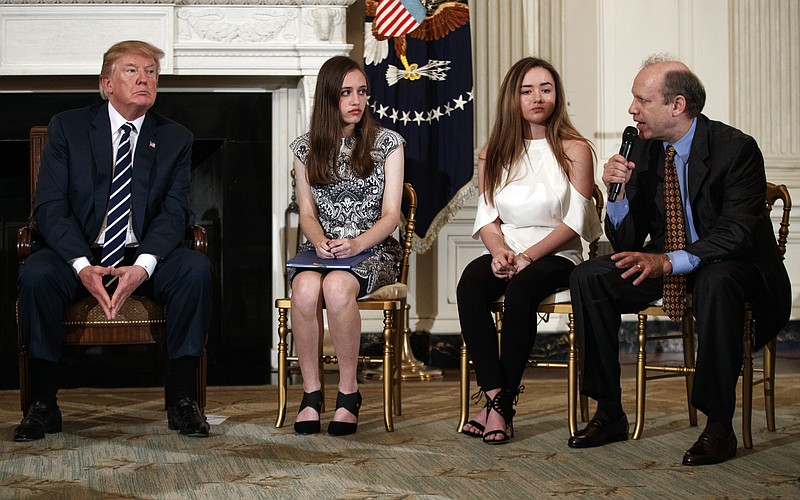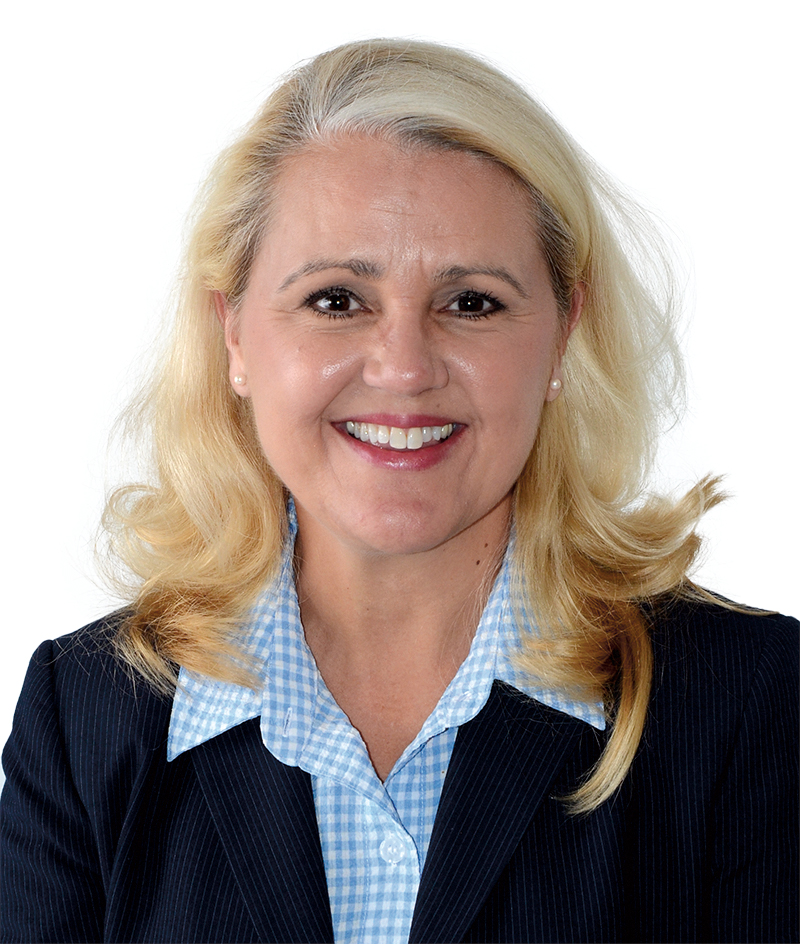How do we protect our most precious assets?
Our banks that house our savings rely on alarm systems and armed guards.
Our airports have specific guidelines for items allowed on board a plane. There are clearly marked areas for the public to gather versus areas secured for departing and arriving passengers. The screening process to move from one of these areas to the other is rigorous and videotaped. Armed security guards are on-site.
Other public places, such as courthouses and federal buildings where the people's business is conducted and where our elected officials and government workers have offices, are secured with an element of screening to enter and monitoring throughout the facilities. Security services and some armed personnel are visible.
When individuals such as celebrities, athletes or even some in critical positions in government achieve a certain level of fame, they have within their retinue some type of security, most always armed.
Yet, what have we done with our schools? Have we followed the pattern of effective, standard security practices of removing threats, hardening the potential target, layering checkpoints for entrance and egress with consistent monitoring and a clearly articulated and enforced list of items permitted into areas deemed most secure?
No. At the perimeter of schools, the practice has been to post signs declaring the properties to be "Gun Free Zones." That makes someone feel good. But would-be attackers know most people will abide by the rule, leaving that property a very soft target for them to take advantage of.
None of us want our children forced into a fearful environment that more closely resembles a prison. Yet securing the outer perimeter of a school to protect students, teachers and staff not only safeguards them physically but also fosters an environment in which learning can take place without worry.
The anguished voices of students in Florida after the horrific school shooting in Parkland must be heard. I discount those trying to hijack the issue for anti-Trump, anti-NRA and gun-control purposes. But this moment in time in which our next generation can express themselves, engage and potentially see an impactful change in society is so important.
The FBI knew of the Parkland 19-year-old for months as a result of social media posts and other contacts with local law enforcement that answered more than 30 domestic violence calls to his home. Yet he was permitted into a school. For whatever reasons, the authorities who could have meaningfully affected this disturbed man's path failed miserably to carry out their respective roles.
As a result, 17 individuals lost their lives.
And, yes, there is a gun issue. As an advocate of the Second Amendment and a gun rights supporter, I hope this issue will be addressed honestly without political rhetoric or venom. Debate about devices such as bump stocks are appropriate. Single-shot weapons used for hunting and recreation do not need restrictions or age minimums to purchase them, but it is wise to debate such restrictions for large-capacity magazines and other weapons.
Life is precious. Our children are precious. Let's prove that by working together on ways to safeguard our schools.
Robin Smith, a former chairwoman of the Tennessee Republican Party, owns Rivers Edge Alliance.

